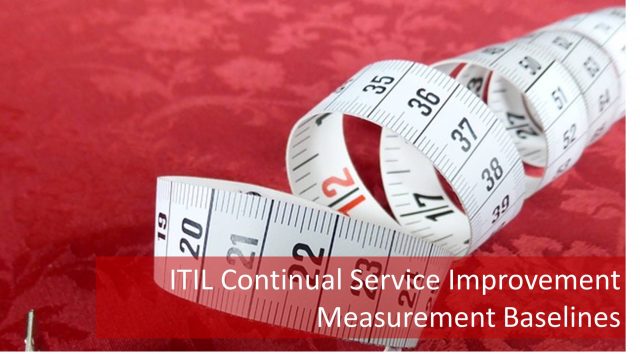Change is inevitable fact of life. Change is inevitable in IT service management as well which is why an ITIL change management process is needed in ITIL service management. The ITIL change management is part of the ITIL service transition stage of the ITIL service lifecycle. Service owners must have a firm grasp on the […]
Author: Leanie Louw
Release Management: Where Do Release Units and Policies Fit In?
Release management is an important process in the ITIL Service Transition stage of the ITIL lifecycle. ITIL foundation training discusses this process in detail. To fully understand why it is so important, it is necessary to understand what a release unit is. Furthermore, as one would learn in an ITIL course, the release management process […]
The 4 Levels of SKMS: How Does The System Work?
Knowledge is hard to manage. We often have lots of data but little information and knowledge. We are not always sure what knowledge is valuable and what is not. Furthermore, tribal knowledge or experience is hard to document. Too often, pockets of data reside in many sources and tools. Controlling the accuracy and currency of […]

How To Measure Baselines With ITIL CSI?
During the first four stages of the ITIL service lifecycle, as defined by online ITIL courses, services, and processes of an IT service provider are planned, designed, tested, implemented and deployed into a production environment for the use of the customers or the business. However, these services might not meet the agreed service levels in […]

COPQ: What Does Your Inefficient Process Cost You?
What is Cost of Poor Quality (COPQ) or Cost of Quality (COQ)? The Cost of Quality, abbreviated as COQ, is just another term for Cost of Poor Quality, abbreviated as COPQ. Let us briefly try to understand what COPQ means according to Six Sigma principles. It is another common metric used for Six Sigma projects […]
